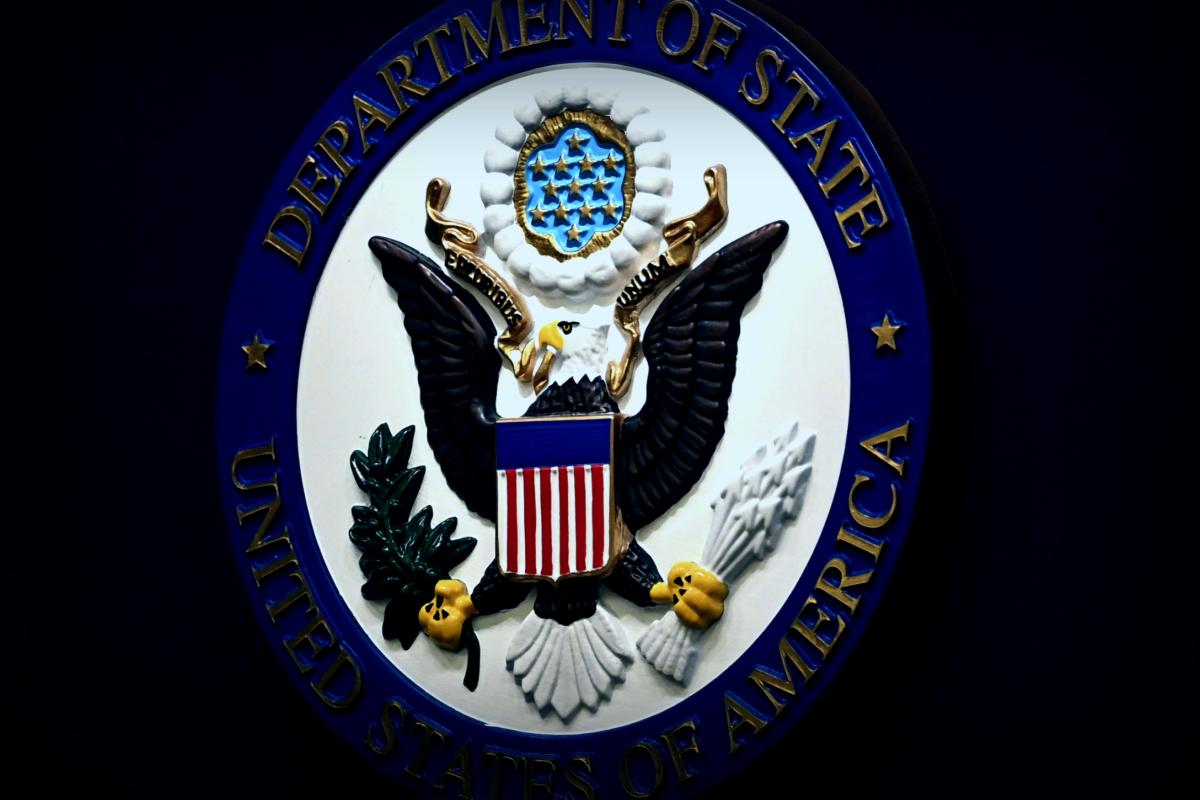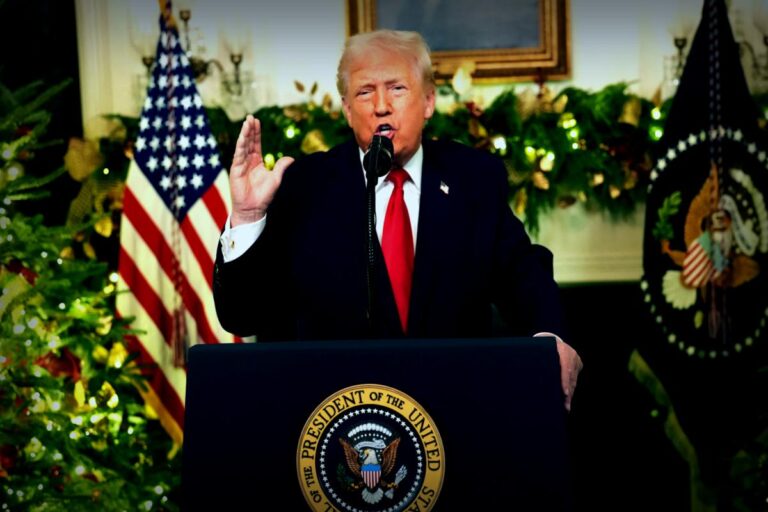Starting September 30, 2025, U.S. Customs and Border Protection (CBP) plans to increase fees associated with various travel and entry services. This announcement came from a Federal Register notice released on August 28.
These adjustments adhere to fee amounts stipulated by Congress as part of the newly enacted “One Big Beautiful Bill Act,” which is a significant part of President Donald Trump’s domestic initiatives.
Why This Matters
For travelers from Visa Waiver Program (VWP) countries, the cost of the Electronic System for Travel Authorization (ESTA) will see a jump from the current $21 to $40—this is nearly a 90% increase. So, those looking to apply for ESTA after September 30 will have to pay the new fee, but applications made before this date will still cost just $21.
The ESTA is vital for travelers from 42 countries participating in the VWP, allowing them to visit the U.S. for tourism or business for up to 90 days without needing a standard visa. This includes most members of the EU, as well as Japan, South Korea, and Australia.
Important Updates
Effective September 2, the Department of State will limit the categories of people who can skip the interview for nonimmigrant visas. According to the revised policy, most visa applicants, especially those under 14 and over 79 years old, will now have to attend an in-person interview at a U.S. consulate.
You can find more information about the updated policy here. Special exemptions remain for diplomatic and official visa categories (A, G, NATO) and for those renewing certain visas (B-1, B-2, or B-1/B-2) if it’s been less than 12 months since their expiration, given they meet specific requirements. But, keep in mind, consular officers do have the right to decide whether interviews are needed on a case-by-case basis.
Furthermore, the form I-94 fee, necessary for land border crossings, will rise from $6 to $30, now including the mandatory HR-1 fee. However, air and sea I-94 fees won’t change. Likewise, Chinese visa holders will see a $30 enrollment fee for the EVUS system.
The I-94 form primarily caters to travelers entering the U.S. via land from Canada or Mexico, while the EVUS system provides an online update requirement for Chinese passport holders with long-term visitor visas before they can travel.
Just a heads up, an approved ESTA is valid for two years or until the traveler’s passport expires, whichever comes first! Each year, this system is utilized by millions of travelers—estimated at about 15-18 million, according to CBP and Department of Homeland Security data—facilitating short visits to the U.S. without a visa under set conditions.
Should your ESTA or passport expire, you must reapply and pay the fee for a new ESTA.
What Are People Saying
Travel – State Dept announced on X: “After September 2, 2025, most nonimmigrant visa applicants, including those renewing their visas, will need to show up for an in-person interview with a consular officer.”
What Comes Next
The recent notice from CBP reveals all the new fee details, with the official start date set for September 30, 2025. For additional reading, check out the Federal Register notice dated August 28, “CBP Immigration Fees Required by HR-1 for Fiscal Year 2025”.




















